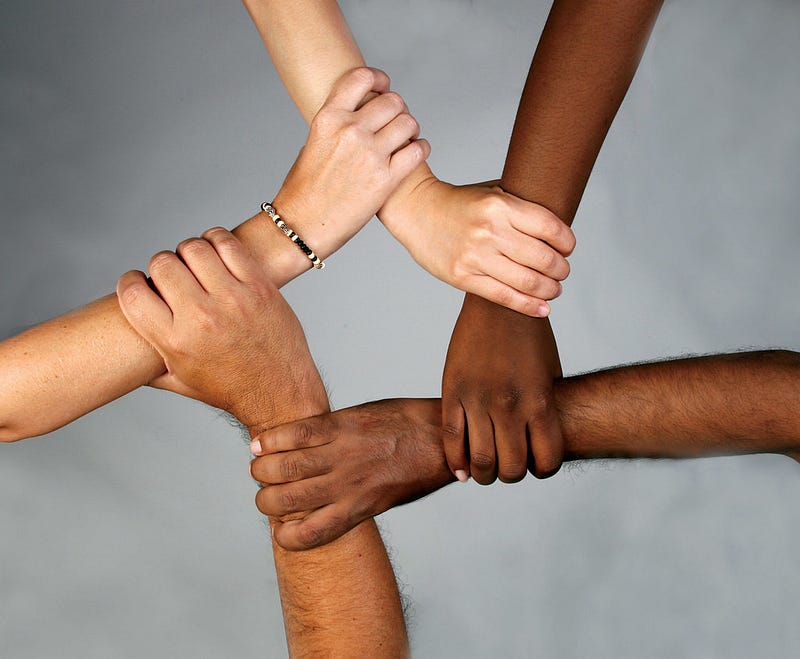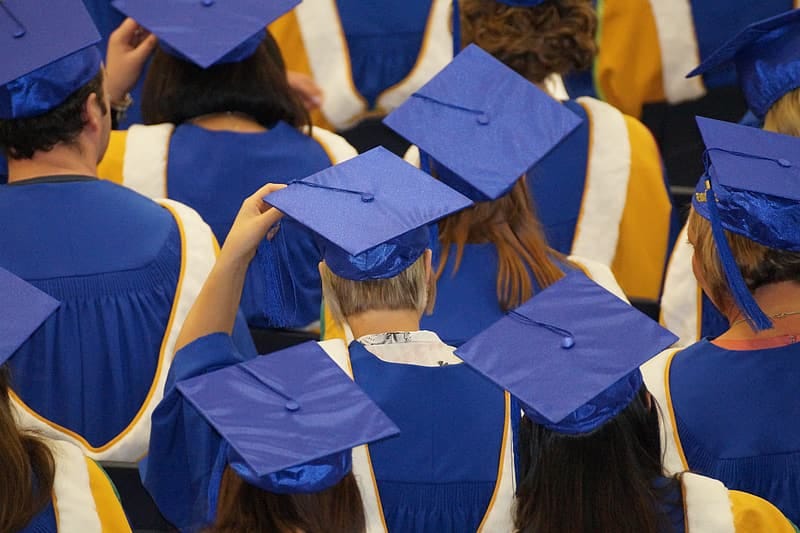On March 10 in Manhattan, a 59-year-old Chinese American man was kicked and spat on by a teenager and told to go back to his own country.
Just four days later, two Chinese American children, only two and six years old, were stabbed in a Walmart located in a suburb near Dallas. The attacker claimed he struck because he thought “the family was Chinese and infecting people with the coronavirus.”
At that time, the world recorded 152,000 cases of the novel coronavirus with just 1,600 in the United States, extraordinarily small numbers compared to those today. However, it was already clear that, among other issues, the COVID-19 pandemic would cause racism to rear its ugly head. An entrenched tendency to turn to xenophobia and fear in the face of a crisis, amplified by stories from media outlets and even our own elected officials, have created an unsafe environment for many Asian Americans. From insensitive words to violent actions, Asian Americans have suffered greatly from outbursts of racism in the United States. How can we expect them to feel comfortable and safe in this country when our actions prove otherwise?
I interviewed Grace Chan, a junior at Larry A. Ryle High School in Union, Kentucky, to find out about her experiences as a Chinese American in a predominantly white community, especially during these unprecedented times.
In a school with an over 80% white student population, Grace reported it wasn’t rare to hear racist comments about Asian Americans, including jokes about “small eyes” and eating dogs. But when the novel coronavirus reached the United States, these comments began to turn hostile.
When walking to class one day in mid-March, Grace heard a male student in front of her: “The best way to solve the problem is just to blow all these f***ing Chinese people off the face of this Earth,” he said. In reference to medical reports that COVID-19 originated in bats, she overheard another student say: “These idiot Chinese people will eat anything. Screw them for being so stupid.” She felt threatened by these remarks, to the point where she walked around the entire school building to get to class that day. “What can you really say to someone who tells you that you and your people are stupid and should just go die?” Grace reasoned.
Fortunately, school was canceled in response to the pandemic before the conflict escalated to the level of physical violence. However, Grace fears it could reach that level if and when school returns. “I do not feel comfortable returning to a school where many comments I will be faced with are either threats or derogatory words,” she said. “These comments are not to be taken lightly nor glossed over, and can cause some serious damage to one’s mental health and psyche.”
Sadly, Grace is not the only one hearing these comments and experiencing these incidents. She reported that friends and family are hearing similar statements, even from neighbors. While most of the remarks aren’t directed at anyone in particular, a few have been face-to-face interactions. “I do believe these may be their true thoughts and intentions,” she told me. “It most of all disappoints me to hear people say things about other human beings. It’s saddening to see humans treat other humans in such a way over something as trivial as their heritage or skin color.” And violence against Chinese Americans has surged in New York City, the home of many of Grace’s relatives.
These incidents stem from centuries of prejudice and racial inequity which fuel the normalization of bigotry. The students who made those comments in front of Grace in the hallway probably hadn’t thought twice about their actions and the weight they carry. Unfortunately, this is how many students today act. A lack of cultural diversity and cultural education facilitates the idea that racist words carry no meaning and no consequences.
Although Grace reported that her school’s administration is cracking down on offensive language, clearly their actions aren’t entirely effective, because so much still falls through the cracks. A majority of the racist remarks aren’t witnessed by the administration, so stopping them will require cooperation from students as well. She suggested, “I genuinely think better educating children from when they are young in schools and home environments would greatly decrease the number of these comments. For those who have already grown up, simply getting to know and learning about people of other cultures can reduce and discourage comments of these sorts.”
Grace’s experience is a dejecting reminder of the state of racism in the United States. A few comments from what would turn out to be the last few weeks of the school year have stuck with Grace throughout the break. Although Grace has shown dedication and courage in continuing her focus on her education and her future, an environment like her school’s would discourage many Asian Americans from pursuing their educational goals. While her perseverance is remarkable, it warrants questioning why it should be necessary in the first place.


Hayden Caldwell is a junior at Henry Clay High School.
The opinions expressed on the Forum represent the individual students to whom they are attributed. They do not reflect the official position or opinion of the Prichard Committee for Academic Excellence or the Student Voice Team. Read about our policies.











